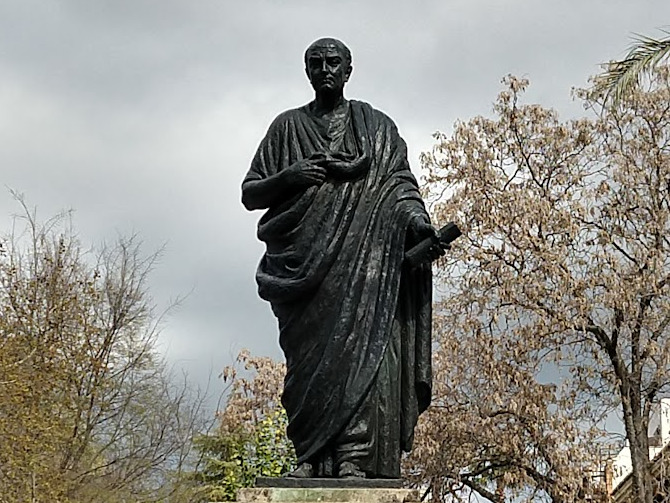
A Peculiar Promise
“Never take your own revenge, beloved, but leave room for the wrath of God, for it is written, “VENGEANCE IS MINE, I WILL REPAY,” says the Lord.”
Romans 12:19
This is an incredibly instructive but peculiar promise. There is a distinction between true justice and revenge. God has ordained civil government to be the established authority to mete out justice and be the temporal expression of God’s wrath against sin (see Romans 13:1-7). In both the Old and New Testament God has delegated authority for the civil authorities to be the ones to judge people and administer the consequences. Individuals could bring issues to the authorities, but it was the government’s responsibility to carry out justice. The individual was prohibited from being judge, jury, and executioner. Vengeance was prohibited. There was an upper limit to the amount of consequence for a crime, namely equivalent justice. In other words, the punishment should be equal to the crime. One could be shown mercy and the punishment be less than the crime, but it was immoral and unethical to punish someone more than what their crime deserved. Unfortunately, with vengeance, it often isn’t just a matter of “getting even,” but of punishing them until the individual is satisfied, even if it is excessive. Left to ourselves, we don’t just want to “get even,” we want to “make them pay.”
It is a matter of faith to not seek vengeance. One must believe that either temporally or eternally, God will bring about true justice for the wrong you have suffered. This is hard because sometimes people who you know are guilty get off “scot free.” But biblically speaking, do they? It may seem like a person gets away with something for a while or even a lifetime, but death is not the end. If that person has not repented of his sin and turned to Christ in saving faith, he will be judged by God and spend a Christless eternity in hell. There is nothing that goes unnoticed or is forgotten by an omniscient God. When a person stands before God at the final judgment, he will have to give an account for everything he has done, and he will receive punishment for the sins he committed during his lifetime. The punishment he receives will be equivalent to his sin, the greatest sin is his rejection of Jesus throughout his life.
Well, what if that person who has wronged you later turns and receives Christ? This is where a clear understanding of the gospel is helpful to wrestle with this issue. When a person repents of his sins and places his faith in the finished work of Christ alone, the eternal penalty for ALL of his sins has been paid for in full on the cross and there is therefore now no condemnation because he is in Christ Jesus (cf. Romans 8:1). Is this unfair? If God just ignored the wrong and forgot about it without addressing it, then yes, it would be unfair. But that isn’t what happened. Justice demands that the penalty for sin must be paid. And the eternal penalty was paid for by Christ on the cross. The full penalty for his sins was paid and the righteousness of Christ in his obedient life and death is credited to his account. In a very real sense, the full wrath of God for this sin has been fully paid for by Christ. This does not mean that there should be no temporal consequences for his actions. The eternal consequences for his actions were paid for by Christ but he may still need to face the temporal consequences before the civil government. Regardless, we are to leave justice in the hand of the Lord to administer in his time and in his way.
